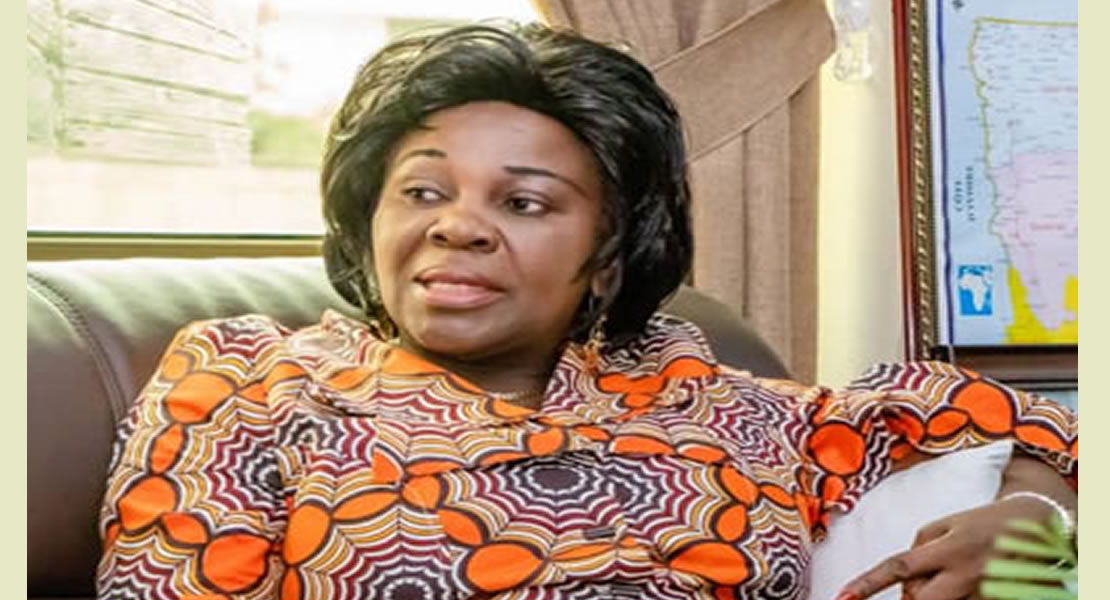
According to the Minister, over twenty-seven thousand household toilets in the Grater Accra Region alone has been provided and Sustainable Rural Water resilient and Integrated Development would become effective this week.
The Minister informed the team that access to improved sanitation has increased from 15% to 21% across the country; similarly open defecation rates in the Upper West Region has dropped from 83% to 52% within the last three years.
She also mentioned that, over the past two years, the Non Revenue Water of the Ghana Water Company Limited (GCWL) has reduced from about 50% to 48% as a result of the support from the World Bank amongst other interventions by the Company itself.
Mrs. Dapaah informed the Country Director and his team that the Ministry has successfully secured 65.5 acres of land in the Ga West Municipality for the development of an engineered landfill site to receive solid waste from the GAMA as part of its readiness for the successful takeoff of the GARID Project. She further indicated that the Ministry is still pursuing the acquisition of other such sites in Adenta Municipality and Ghana Atomic Energy Commission (GAEC) for waste Transfer Stations.
She further emphasized the point that as a government interested in the development of the private sector, the Ministry will work with private companies in developing and managing the various landfill sites and transfer stations to improve the solid waste management efforts of the country.
Madam Dapaah assured the team of her resolve as the sector Minister to ensure that all the investments made into the sector yield favorable results SRWSP and GAMA SWP has introduced innovative approaches to boost effectiveness and sustainability of WASH services.
The GARID Project, on the other hand, is a multi-sector and transformative urban resilience project which aims to support Greater Accra Region to become a cleaner, flood resilient and economically vibrant city.
In addition the project is the first phase of a series of projects and focuses specifically on reducing flood risk in the Odaw river basin in three selected low-income communities: Nima, Alogboshie and Akweteman.
Kwaku Sakyi-Danso/ghanamps.com